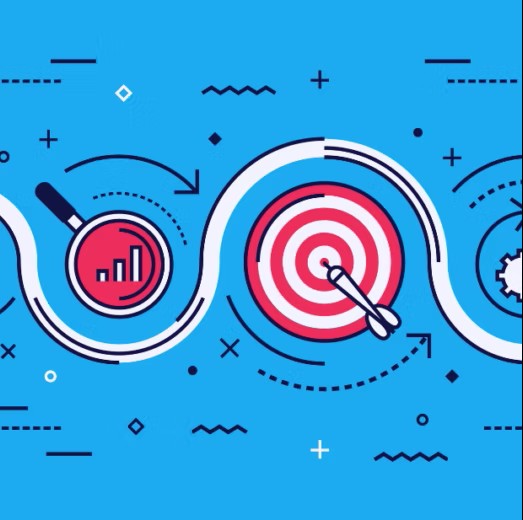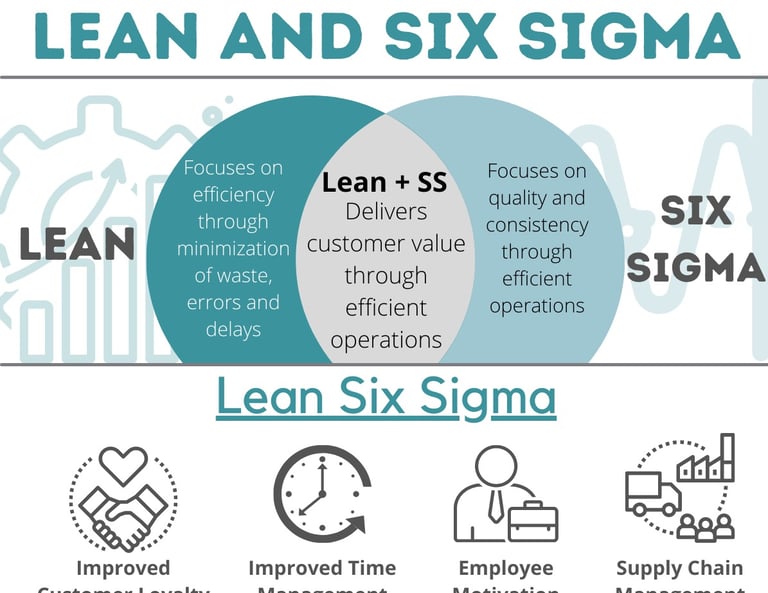Free Resources and Templates
Throughout my professional experience, i had the opportunity the get certified and master several methodologies in AI, Product, Project Management and Lean Six Sigma. I also had the opportunity to work for global and structured companies such as IBM, GE and UHG where i also had the privilege to be exposed to several materials on management, leadership, strategy and so on .
All those templates, articles and how-to materials are free for you to use, no need to enroll to a list since i have no commercial intention with this website. Please fell free to reach out if you want to explore more any material. Enjoy and have fun!
Several people claim to be experts on Digital Transformation but can not define it , since it is a very broad and misunderstood concept. The term certainly became a big buzzword nowadays.
But what is digital transformation? What is the difference between Digital, Digital Disruption and Digital Transformation? How these concepts differ from each other but in the other hand are very interwoven?
It took me while to understand between those differences and inter-connections. I took innumerous training on LinkedIn, Coursera, EDX, Digital House, Wharton and IMD. Now i feel more confident about the answer, however i'm certainly an apprentice in the field. I hope these material i pulled together could help you somehow!
How to not love disciplines that move humanity forward?
In today’s competitive business world, you need steady and experienced management to guide your strategies. Project management and product management are very important yet distinct positions, and they are often interchangeably confused by all levels of business executives.
Project and product management are similar concepts. Both are problem solvers, Project management focuses internally to achieve specific objectives and complete a given project on time and under budget. Once the project is completed, it is no longer ‘managed.’
Product Management takes a broader view and focuses externally on the customer and the overall and continued success of the project.
What if i told you that they could be complementary?
Both the Lean and the Six Sigma methodologies have proven over the last twenty years that it is possible to achieve dramatic improvements in cost, quality, and time by focusing on process performance. Whereas Six Sigma is focused on reducing variation and improving process yield by following a problem-solving approach using statistical tools, Lean is primarily concerned with eliminating waste and improving flow by following the Lean principles and a defined approach them.
While each approach can result in dramatic improvement, utilizing both methods simultaneously holds the promise of being able to address all types of process problems with the most appropriate toolkit. For example, inventory reduction not only requires reducing batch sizes and linking operations by using Lean, but also minimizing process variation by utilizing Six Sigma tools.
Strategic management has a building block description to it. This is where the resources available to an organisation are brought together. Financial, marketing, manpower, and other organisational functions and capital are analysed to best determine how they can be used to reach goals. The result are policies and processes to guide activity. It can very easily be said that strategic management develops a roadmap that can be followed.
Leadership does play a role in strategic management. A leader brings together all of the various groups within an organisation to develop the action design. By the powers of communication and persuasion inherent in leadership, that person is going to convince everyone they are stakeholders in the final results. He or she is the guide along the path that has been outlined by strategic management planning.








